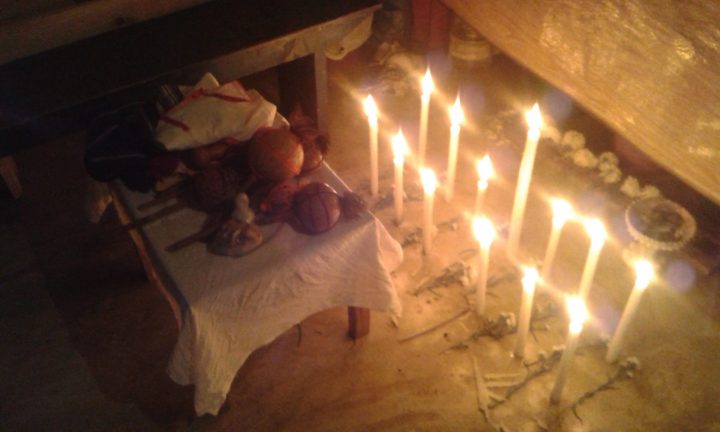Claudio Rossetti Conti, a young Milanese psychologist fascinated by cultural diversity, is active in Chiapas and Guatemala in various indigenous communities as a community psychologist. As a scholar and friend of several women and men of traditional Maya Tzeltal medicine, he is interested in rediscovering the cultures of the original peoples threatened by strong oppressive systems. In a series of articles Claudio will give voice to some representatives of the Tzeltal culture, relaying their cosmovision and the struggle for survival against an aggressive globalization.
The Maya come from southern Mexico, while the Nahua (Aztecs) trace their descendants back to the mythical land of Aztlan, in the centre-north, described by the Boturini Codex (a 16th century AD Aztec bark paper sheet depicting historical events – Translator’s Note) as “an island in the middle of an expanse of water”. Both people had a great interest in preserving the memories of past events considered important. The different historical codices, of which only a few survived the devastating fury of the conquistadores, together with the annals of the pre-Hispanic Mexican world, were taught to students in pre-Hispanic centres of education so as not to lose the memory of what had happened year after year.
The articles on the Mayan Tzeltal culture are set in postmodern Chiapas. We will dive into the syncretic cosmovision of Tzeltal, seeing how a socio-cultural group called Indio Theology tries to redeem its cultural roots torn apart since the invasion of the conquistadores. An invasion that continues in different forms and partly in the guise of the projects of past and present Mexican governments, causing welfarism and a progressive and implacable loss of their traditions.
Culture is a dynamic system and by definition changes its form, but this “western” system clashes strongly with the indigenous reality threatened by aggressive globalization and causes a severe disharmony that affects the daily lives of local populations: continuous discrimination, diseases of “poverty”, cultural identity crisis, increased alcoholism and drug addiction are just some of the consequences of these ongoing cultural clashes, which the Indio Theology tries to mitigate through its meetings.
We will talk about the Mayan Altar and how this channel connects the Earth with the Cosmos, helping the indigenous community to receive advice from the Ancients and to prosper through offerings and dialogue with different entities.
We will see that corn is the constituent element of the Tzeltal culture and the sacred basic element of community life and we will get acquainted with the vision that humanity was created by the gods through the cob.
We will get to know some women and men of traditional medicine: the curanderos, parteras, hueseros and hierberos will enlighten us with their wisdom telling us how they receive their gifts and how the guiding entities teach them through dreams to identify medicinal plants, to intervene in individual cases of bone fractures or complicated childbirths and to recognize spiritual diseases.
We will then explore the relationship between health and disease and see how the search for this balance forms the basis of the daily lives of these indigenous peoples.
Photo: The thirteen candles are one of the fundamental elements during the healing rituals. Thirteen is a sacred and recurrent number in the Tzeltal culture: for example, thirteen are the points of our body that relate us to the universe or thirteen are the secret words used by the curanderos during their prayers.
Translation from Italian by Thomas Schmid










